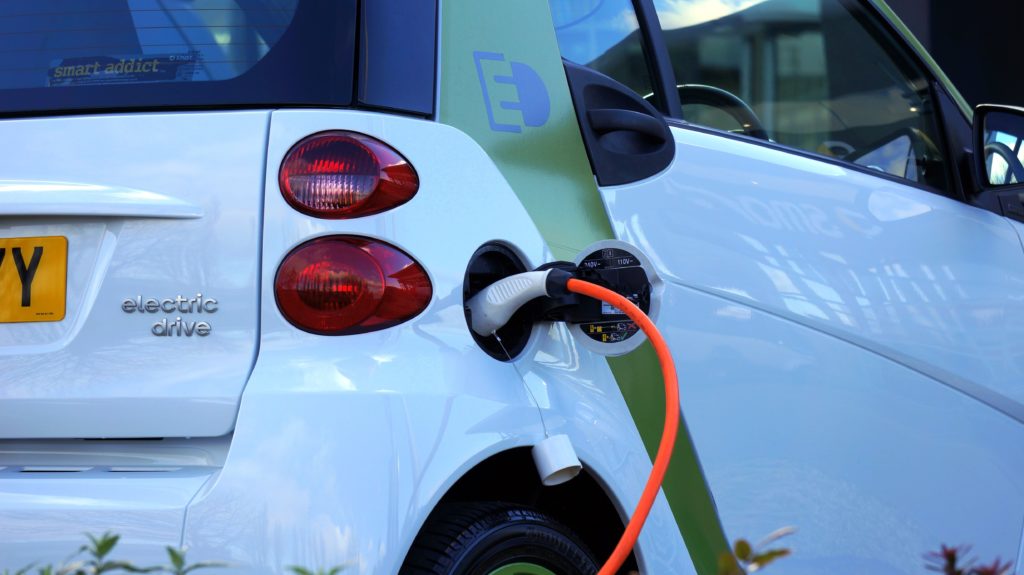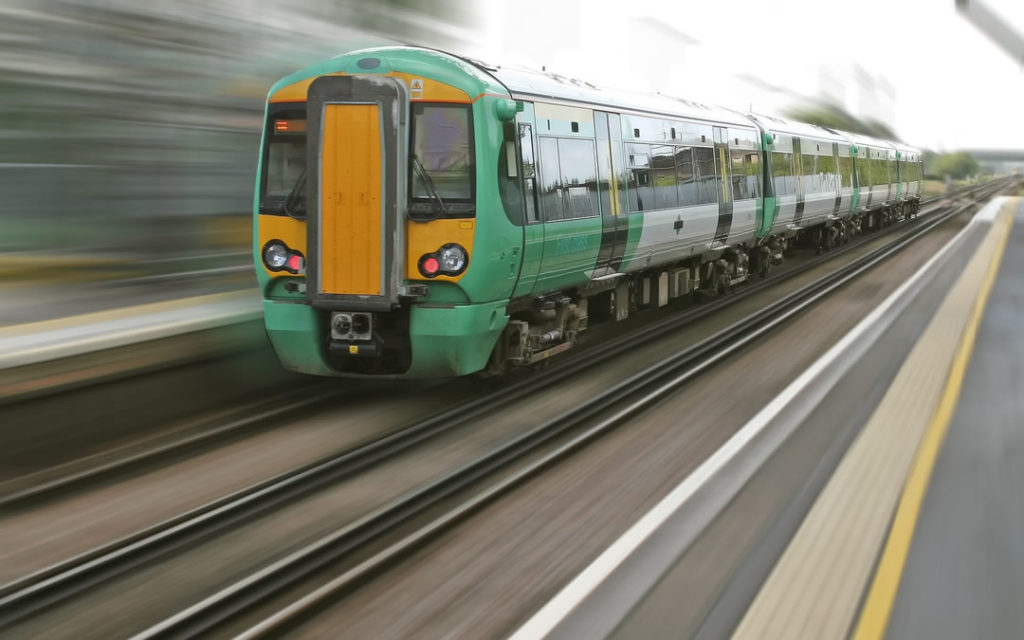An ambitious plan to more than double the South East’s economy by 2050, create half a million new jobs, reduce congestion, cut carbon emissions and boost air quality has been published today – and people across Greater Brighton are being encouraged to have their say.
The draft transport strategy for the South East has been produced by Transport for the South East (TfSE), a unique partnership of local authorities, business groups and transport bodies formed to speak with one voice on the region’s transport priorities.
The strategy says that with the right investment in our region’s transport network the South East’s economy will more than double over the next thirty years – from £183bn to between £450bn and £500bn per year – creating an additional 500,000 jobs, boosting quality of life and access to opportunities and helping cut the South East’s carbon emissions to net-zero.
The strategy sets out a thirty-year framework to guide decisions about where, when and how money is invested in the South East’s transport network, along with a range of policy changes and other initiatives to make sustainable travel easier and more attractive to people and businesses.
These include arguing for a real-terms freeze on rail fares, cheaper off-peak fares and extra funding to protect and enhance rural bus services.

Reducing the region’s reliance on private cars – which account for 70% of all journeys compared to just 4% by rail and 5% by bus – is vitally important as the strategy is clear that catering for forecast road traffic growth in the South East is no longer sustainable in the long term. It will also help cut carbon emissions and improve air quality as private cars contribute more to UK greenhouse gas emissions than any other form of transport.
Cllr Keith Glazier, chair of Transport for the South East, said: “Balancing the needs of the economy and the environment is the single biggest challenge we face. But, if we get it right, the prize is huge.
“Our strategy sets out a future for the South East that is better for people, better for business and better for the planet. We’ll more than double the South East’s economy, creating an additional 500,000 jobs, boosting quality of life and access to opportunities for everyone and cutting the region’s carbon emissions to net-zero.
“To make this happen, we need to work together as one region. That’s why we want as many people as possible to take part in our consultation, to have their say on our proposals and help shape the South East’s future.”
Margaret Paren, Transport for the South East board member representing South East Protected Landscapes, said: “The South East is home to some of our nation’s most important and under-pressure protected landscapes. We welcome the transport strategy for the South East’s ambitions for environmental sustainability and greater and more accessible public transport. We urge people to feed into this important consultation.”
Ross McNally, director at Enterprise M3 Local Economic Partnership (LEP) and Transport for the South East board member representing LEPs, said: “The South East is a fantastic place to live, work and do business and we need to ensure our transport system continues to allow industry to thrive.
“LEPs across the South East have supported TfSE from its inception, highlighting the unique set of challenges in our region and the opportunities that exist to deliver a nationally and internationally significant transport system.
“The launch of the draft transport strategy is an important milestone towards building a better, more sustainable transport network for the whole of the South East business community.”

The draft transport strategy identifies priorities for future investment by looking at the challenges people and businesses will face in moving around the region and the opportunities these present to support sustainable economic growth.
These include a range specific schemes as well as wider policies and initiatives. For example, the strategy argues for greater use of new and emerging technology such as connected autonomous vehicles (CAVs) to boost connectivity.
It makes the case for policy changes to enable more joined up planning, particularly between transport and housing, to help reduce the need to travel and build more sustainable communities.
And the strategy also recognises that tough decisions will need to be made about how, not if, we manage demand on the busiest parts of our transport networks.
Have your say
To read the draft transport strategy and take part in the consultation, head to http://tfse.org.uk/transport-strategy.
The deadline for responses is Friday, 10 January 2020.
Next steps
Following the public consultation, a final version of the transport strategy will be put to Transport for the South East’s board in spring 2020. A strategic investment plan is planned for publication in 2021, providing a prioritised, costed and deliverable list of schemes, initiatives and policies to start turning the South East’s vision into reality.
